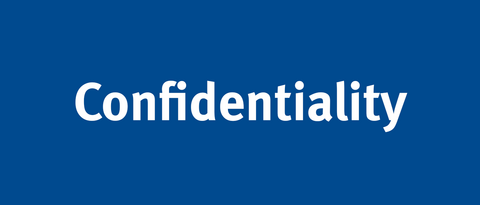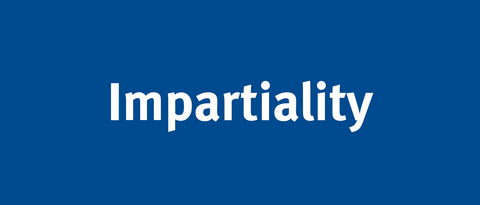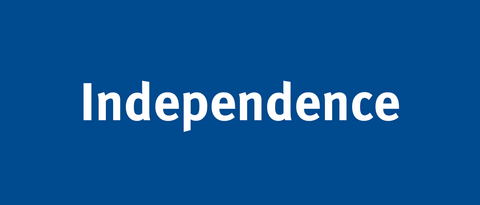The International Mentor
In teaching, the University of Würzburg pursues the strategy of a dynamic teaching and learning culture as well as high-quality advising and support.
Unfortunately, misunderstandings and conflicts cannot always be avoided in university life. These can have their origins in language or cultural differences. This is why the University has established the position of an International Mentor (University ombudsperson) especially for international students and researchers who wish to receive confidential support in the event of conflicts in university life. At the moment Prof. Dr. Vladimir Dyakonov is holding this position. He acts as a mediator and bridge between international students or (doctoral) researchers and their degree programs, Faculties, or the Central Administration.
- for students who are having organizational, subject-related, or interdisciplinary problems, complaints, or suggestions,
- for researchers and doctoral candidates and their supervisors in cases of conflict concerning their research or doctoral project.
Working on a voluntary basis and as an independent entity, the International Mentor provides confidential, neutral, and open-ended advice. He can make a report to the University or Faculty Board and can actively involve them in the resolution of the conflict at the request of the parties involved.
The International Mentor is an addition to the existing range of advisory and support services offered by the University. The information about the activities of the International Mentor will be made anonymous and then used for quality improvement.
You are welcome to contact the International Mentor if:
- you believe you have been treated unfairly or wrongly,
- you feel you are being placed at a disadvantage and discriminated against and suspect that your background or ethnicity is the cause,
- you fear that your employment contract will be terminated or will not be renewed,
- you feel that your supervisor(s) or superior(s) is/are dissatisfied with your work, e.g., because they think that your performance as a researcher does not meet the required standards or have excessive expectations,
- you are not sure which body at the University to contact,
- you need information or advice about problems with your studies or your doctorate and do not want to turn to your program or Faculty,
- you need support in communicating with the administration or the departments.
In a personal meeting, you and the International Mentor will first clarify the circumstances and responsibilities and discuss possible ways to proceed. The International Mentor will collect all the necessary information and will provide support in finding an amicable solution to the conflict.
- Advice: The International Mentor has an advisory function and can make recommendations. He/she cannot offer legal advice. If you need legal advice, you should contact the Legal Department, Human Resources, the Staff Council etc.
- Mediation: The International Mentor can join meetings between the parties to the conflict and act as a mediator.
- If you have concluded a supervision agreement with your supervisor, you know the deadlines and targets agreed in it and whether they have been achieved.
- Before your meeting with the International Mentor, be as neutral as possible in the workplace and do not sign any documents that you may not understand in detail.
- Write your correspondence in English and ask your supervisors to do the same.
- If possible, do not talk to anyone at work in confidence while the conflict is still going on.
- If you are ill, make sure that you follow your employer’s sickness absence policy and procedures, immediately inform your supervisor and also the secretary's office of your absence.
- If you experience any kind of discrimination (based on your nationality, religion, gender, capabilities etc.), you can turn to the team at Conflict Management Services, the Equal Opportunities Representative or the ombudsperson for good practice in research for help.

![[Translate to Englisch:] Neue Universität, Sanderring](/fileadmin/_processed_/a/b/csm_semesterstart_34f7fc1301.jpg)







